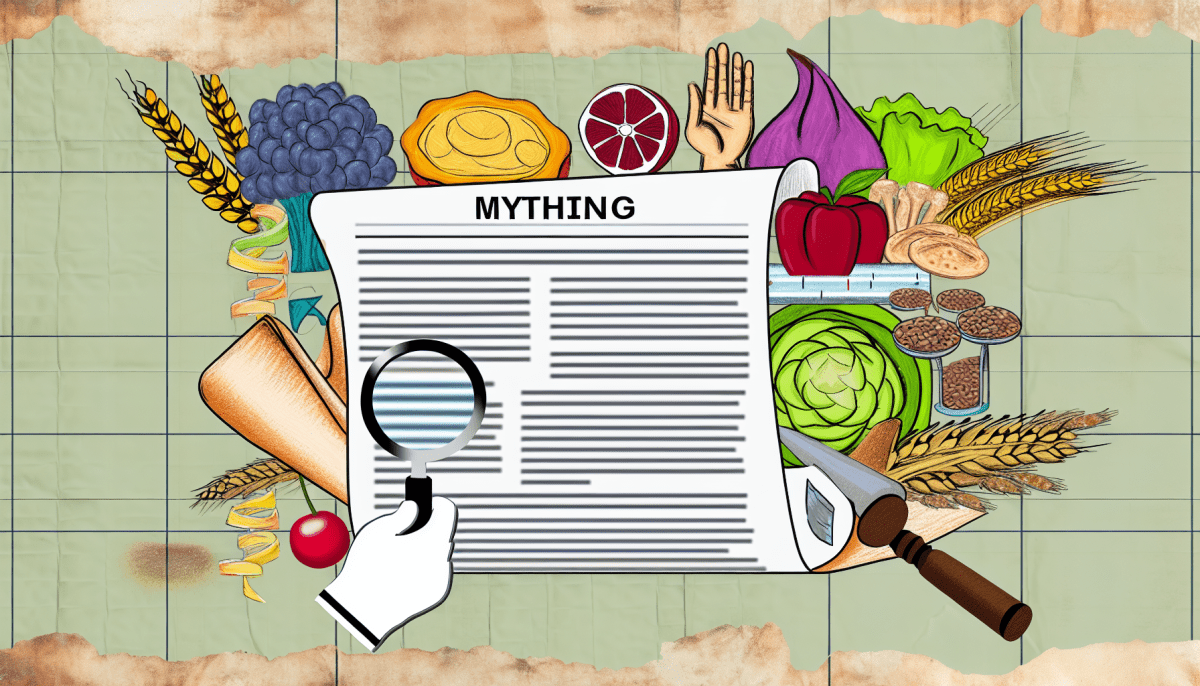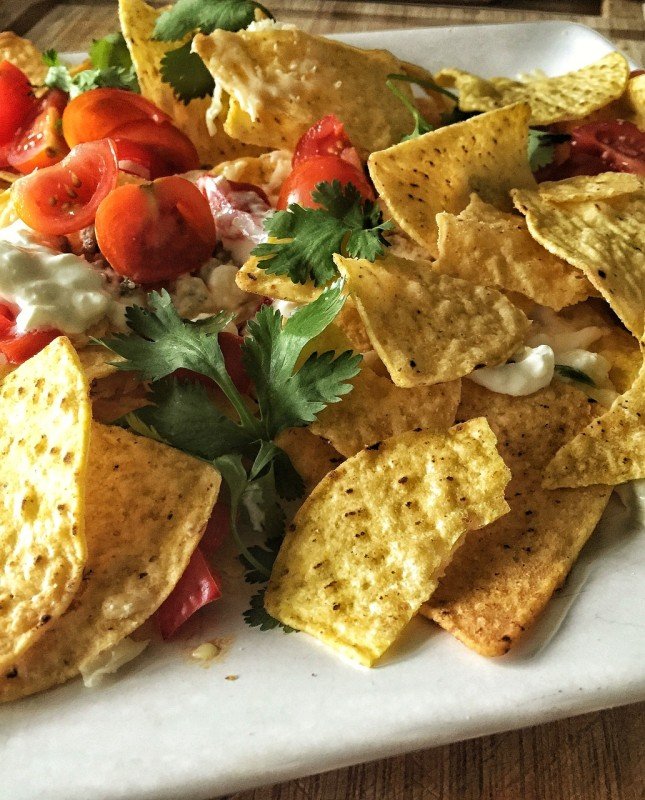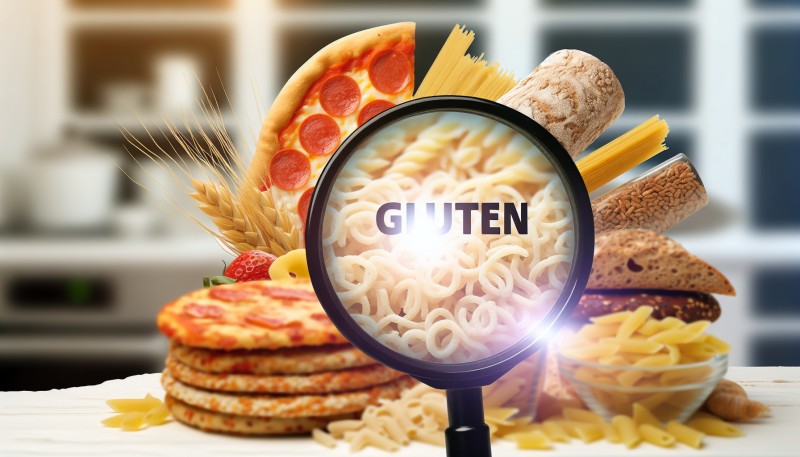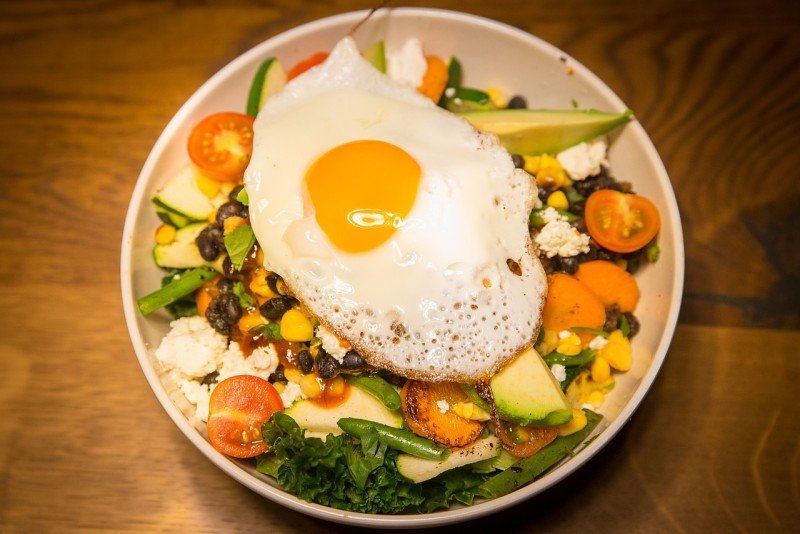A gluten-free diet means avoiding foods that contain gluten, a protein found in wheat, barley, and rye. For many people, especially those with celiac disease or gluten sensitivity, gluten can cause some nasty health issues. When they eat gluten, their bodies can react in uncomfortable ways. This is why they need to steer clear of those foods.
So, what does this diet look like? Think plenty of fresh fruits and vegetables, legumes, nuts, and gluten-free grains like rice and quinoa. Many people also enjoy things like gluten-free pasta and bread options made from almond flour or chickpea flour. It’s not just about cutting out gluten; it’s about finding tasty alternatives that keep meals enjoyable.
It's important to note that a gluten-free diet isn't just for those with gluten-related disorders. Some folks choose to go gluten-free for various reasons, like feeling it helps with digestion or overall energy levels. However, this isn’t always the magical solution for everyone. Just like with any diet, what works for one person may not necessarily work for another.
If you're thinking of trying a gluten-free lifestyle, it can be handy to read labels carefully. Some processed foods might sneak gluten in when you least expect it! It’s all about staying informed and making choices that feel right for you and your health.
Common Myths About Gluten-Free Living
When it comes to gluten-free living, there are a lot of myths floating around that can make it hard to separate fact from fiction. One common myth is that all gluten-free products are automatically healthy. It's easy to assume that if something is gluten-free, it must be good for you. But that’s not always the case! Many gluten-free alternatives can be high in sugar and low in nutrients. It’s important to check the labels and go for whole, unprocessed foods whenever possible.
Another popular misconception is that being gluten-free is only for those with celiac disease. While it’s true that people with celiac disease need to avoid gluten to stay healthy, others might also find that cutting out gluten helps with digestive issues or even boosts their energy levels. Everyone's body reacts differently, so if you think gluten might be a problem, it’s worth exploring a gluten-free diet with the guidance of a healthcare professional.
Many folks believe that going gluten-free means sacrificing flavor and variety in their meals. Not true! There are so many delicious gluten-free options available today, from pasta and bread to baked goods and snacks. With a little creativity in the kitchen, you can whip up tasty meals without missing out on the foods you love. Plus, lots of restaurants now offer gluten-free menu items, making it easier than ever to dine out.
Lastly, there's a myth that a gluten-free diet is a guaranteed way to lose weight. While some people may see changes in their weight, going gluten-free alone isn’t a magic solution. It's all about maintaining a balanced diet. Just because something is gluten-free doesn’t mean you shouldn’t enjoy it in moderation. Eating too much of anything can lead to weight gain, including gluten-free treats!
Real Health Benefits of Going Gluten-Free
First off, for individuals with celiac disease or gluten sensitivity, going gluten-free isn't just beneficial—it's necessary. Avoiding gluten helps reduce painful symptoms such as bloating, gas, and fatigue. Plus, it allows your digestive system to function better, which can lead to improved overall health.
Even for those who don’t have gluten issues, many people report feeling more energetic and less bloated after cutting out gluten. You might find that your digestion improves or that you experience fewer headaches. These subtle changes can make a big difference in your daily life.
Another interesting benefit is that a gluten-free diet often leads people to try new foods. Instead of defaulting to bread and pasta, you might explore a variety of fruits, vegetables, and gluten-free grains like quinoa and rice. This can broaden your palate and inspire healthier eating habits.
Lastly, many gluten-free products are packed with nutrients. When checking out gluten-free options, look for products rich in vitamins, minerals, and fiber. Just be cautious with processed gluten-free items, as they can sometimes be high in sugar or lacking in nutrition. Choosing whole, unprocessed foods is always the best approach.
Who Should Consider Gluten-Free Foods
Gluten-free foods aren’t just a trend; they can really make a difference for certain people. If you have celiac disease, avoiding gluten isn’t a choice—it’s essential. For those with this autoimmune condition, eating gluten can lead to serious health problems. So, if you’ve been diagnosed, gluten-free foods are definitely your best friend.
Even if you don’t have celiac disease, some folks are sensitive to gluten without fully reacting like celiacs do. If you've noticed that you feel bloated, fatigued, or have stomach discomfort after eating gluten-rich foods, it might be worth exploring a gluten-free diet. It could lead to significant improvements in how you feel day to day.
Vegetarians and vegans looking for more variety in their meals may also find gluten-free options appealing. There’s a whole world of grains, like quinoa and buckwheat, that lend themselves beautifully to different recipes. These options can make meals more exciting and nutritious, giving your body the fuel it needs.
Lastly, if you're simply trying to eat healthier or lose weight, going gluten-free might be a good path to explore. It often encourages a focus on whole, unprocessed foods—think fruits, veggies, and lean proteins—which can benefit your overall well-being. Just be cautious about replacing gluten-filled favorites with gluten-free snacks; some can be just as processed and high in sugar as their gluten counterparts.



